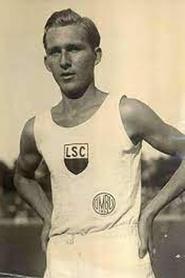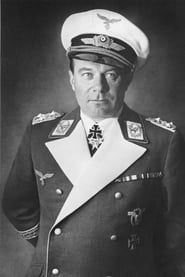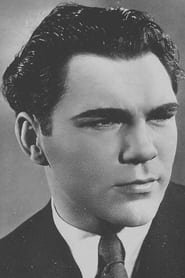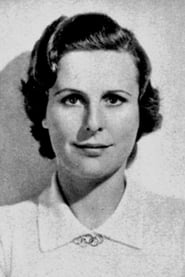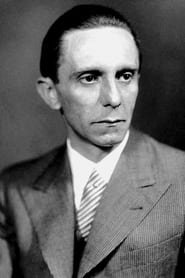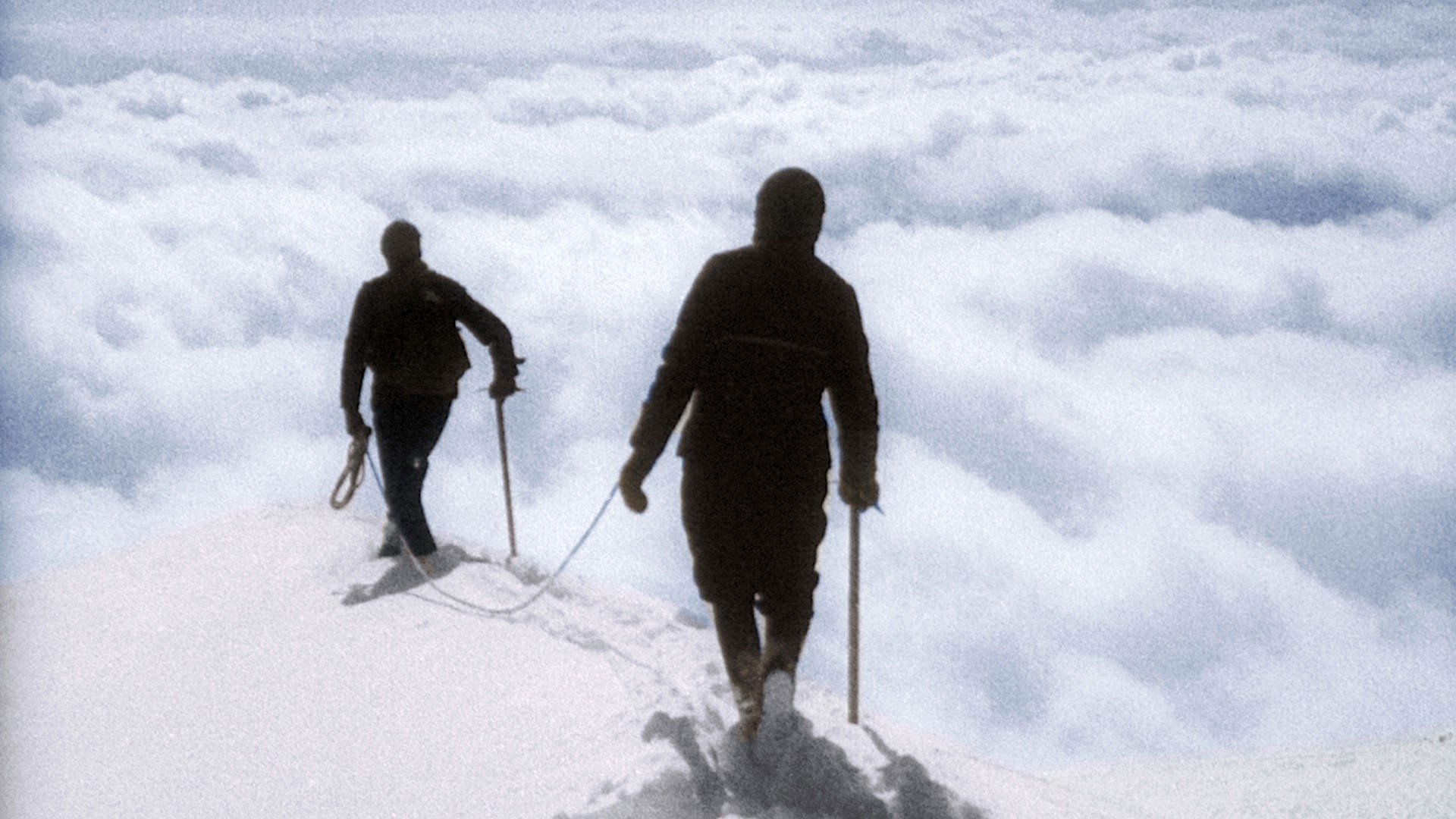
Les Champions d'Hitler
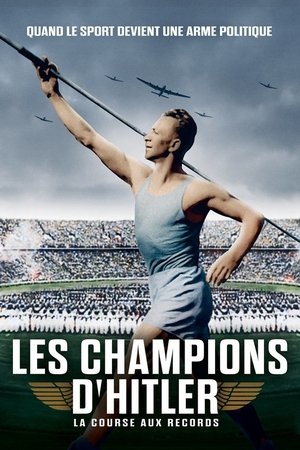
Les Champions d'Hitler
HomePage
Overview
In the three years leading up to the Olympics, the Nazi regime saw sport as an invaluable mobilisation and propaganda tool to motivate the `master race'. Whether sympathisers or followers, German athletes went along with it; however, a number of them came to regret their decisions.
Release Date
2016-05-02
Average
0
Rating:
0.0 startsTagline
Genres
Languages:
FrançaisKeywords
Similar Movies
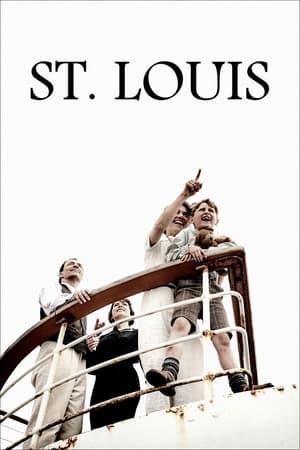 7.0
7.0St. Louis(de)
Hamburg, Germany, 1939. Getting a passage aboard the passenger liner St. Louis seems to be the last hope of salvation for more than nine hundred German Jews who, desperate to escape the atrocious persecution to which they are subjected by the Nazi regime, intend to emigrate to Cuba.
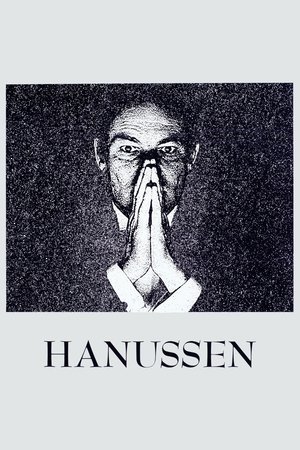 6.3
6.3Hanussen(hu)
A man's story parallels Hitler's rise. Austrian Klaus Schneider, wounded in World War I, recovers in the care of Dr. Emil Bettleheim. Bettleheim discovers that Schneider possesses powers of empathy and of clairvoyance, such that could aid suicidal patients. After the war, with one friend as his manager and another as his lover, Schneider changes his name to Eric Jan Hanussen and goes to Berlin, as a hypnotist and clairvoyant performing in halls and theaters. He always speaks the truth, which brings him to the attention of powerful Nazis. He predicts their rise (good propaganda for them) and their violence (not so good). He's in pain and at risk. What is Hanussen's future?
The Decline of the Century: Testament L.Z.(hr)
An epic documentary of rise and fall of Ustasha regime in Croatia.
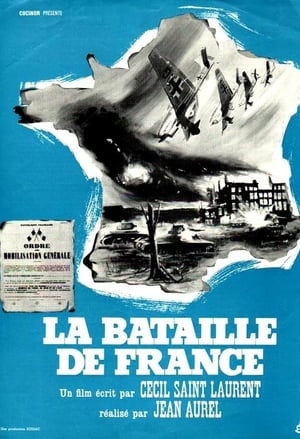 8.0
8.0The Battle of France(fr)
A montage of newscasts tracing the events of the "damned war" and the German invasion of 1940.
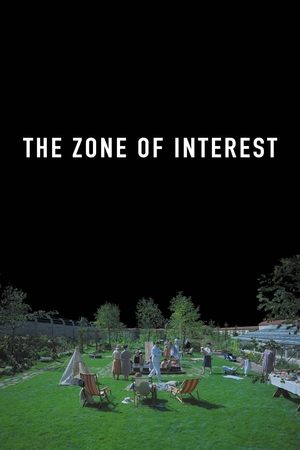 7.0
7.0The Zone of Interest(en)
The commandant of Auschwitz, Rudolf Höss, and his wife Hedwig, strive to build a dream life for their family in a house and garden next to the camp.
 8.2
8.2Thomas Müller - One of a Kind(de)
Title collector, popular figure, advertising icon, and the face of German football – that's how we know Thomas Müller. But who is the person behind the superstar? We accompany Thomas Müller over a season before he departs from the national team and experience him with his loved ones: honest, authentic, and quick-witted - one of a kind!
 5.9
5.9Shohei Ohtani: Beyond the Dream(en)
This film is an intimate and moving cinematic record of Shohei Ohtani's journey to MLB stardom. A faithful portrait of his talent development and battle with injuries, and his unique mindset to become a superstar ballplayer breaking all the barriers of race, language, discipline, and culture.
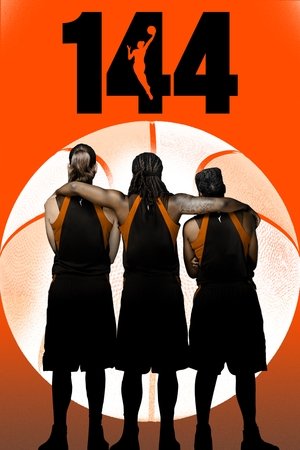 7.3
7.3144(en)
In the wake of the COVID-19 pandemic, the 2020 WNBA season pivoted into a bubble site in Bradenton, Florida – where 144 players across 12 teams convened to face the rigors of an unrelenting schedule and finish their battle for a championship; all while just as dedicated to amplify social activism in response to the injustices that gripped that same summer. A documentary from ESPN Films.
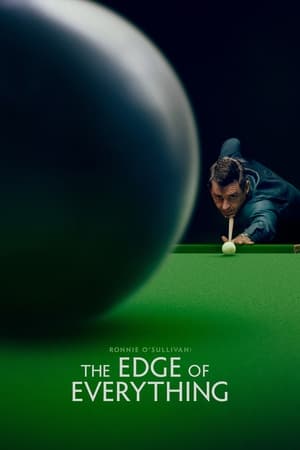 8.0
8.0Ronnie O'Sullivan: The Edge of Everything(en)
Ronnie O’Sullivan hasn’t had the most harmonious relationship with the media over the years, but his attempt to win the Snooker World Championship for a record 7th time in 2021 apparently proved to good an opportunity to pass up.
 6.8
6.8The Day Hitler Died(en)
The story of Hitler’s final hours told by people who were there. This special features exclusive forgotten interviews, believed lost for 65 years, with members of Hitler’s inner circle who were trapped with him in his bunker as the Russians fought to take Berlin. These unique interviews from figures such as the leader of the Hitler Youth Artur Axmann and Hitler’s secretary Traudl Junge, have never before been seen outside Germany. Using rarely seen archive footage and dramatic reconstruction, this special tells the story of Adolf Hitler’s final days in his Berlin bunker.
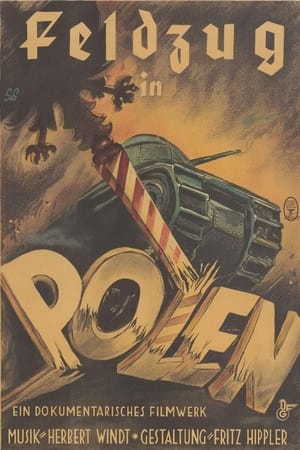 5.5
5.5Campaign in Poland(de)
The first blitzkrieg, Hitler's invasion of Poland, is traced in this original Nazi propaganda film from 1940.
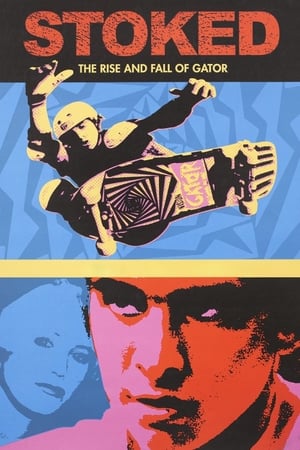 6.1
6.1Stoked: The Rise and Fall of Gator(en)
A documentary exploring the rise and fall of 80s skateboard legend Mark "Gator" Rogowski.
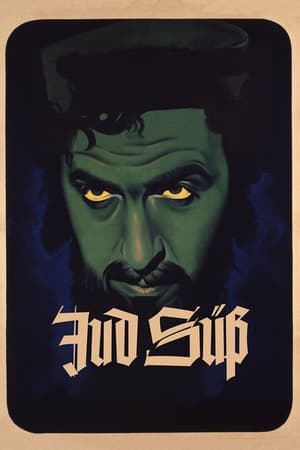 4.3
4.3Süss, the Jew(de)
Nazi historical drama about Duke Karl Alexander of Württemberg and his treasurer Süß Oppenheimer.
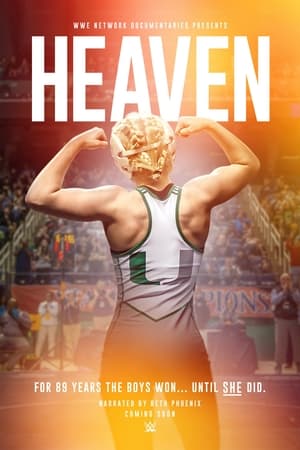 0.0
0.0HEAVEN(en)
HEAVEN tells the story of a trailblazing high school wrestler named Heaven Fitch. In 2020, as a junior, Fitch became the first female athlete to win a boy’s state wrestling championship in North Carolina, claiming the top spot in the 106-pound weight class. The film documents her inspiring journey up the ranks and the challenges she faced along the way, from proving doubters wrong to defying the odds and making history.
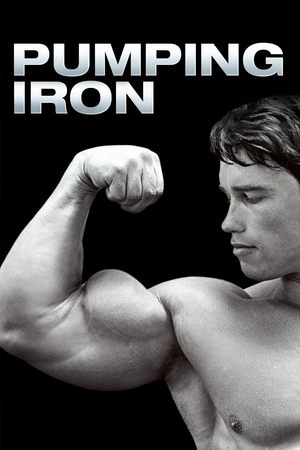 7.1
7.1Pumping Iron(en)
Amateur and professional bodybuilders prepare for the 1975 Mr. Olympia and Mr. Universe contests as five-time champion Arnold Schwarzenegger defends his Mr. Olympia title against Serge Nubret and the shy young Lou Ferrigno.
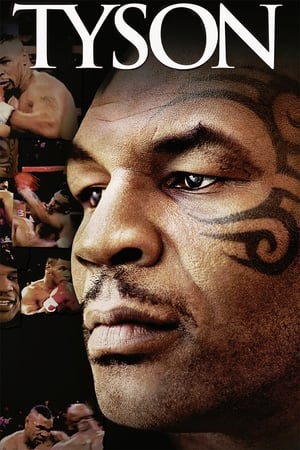 6.9
6.9Tyson(en)
Director James Toback takes an unflinching, uncompromising look at the life of Mike Tyson--almost solely from the perspective of the man himself. TYSON alternates between the controversial boxer addressing the camera and shots of the champion's fights to create an arresting picture of the man.
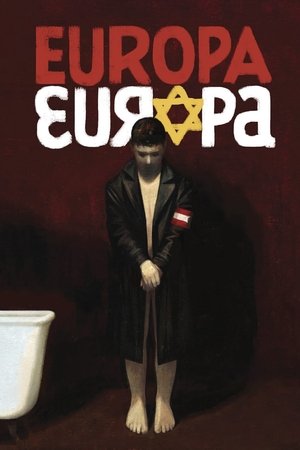 7.3
7.3Europa Europa(de)
A Jewish boy separated from his family in the early days of WWII poses as a German orphan and is taken into the heart of the Nazi world as a 'war hero' and eventually becomes a Hitler Youth.
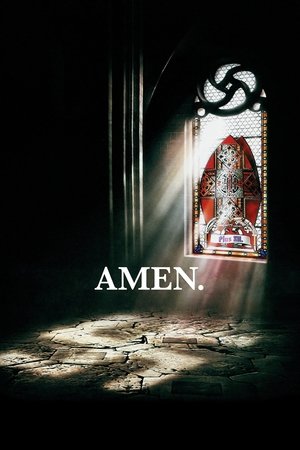 7.0
7.0Amen.(fr)
Kurt Gerstein—a member of the Institute for Hygiene of the Waffen-SS—is horrified by what he sees in the death camps. he is then shocked to learn that the process he used to purify water for his troops by using Zyklon-B, is now used to kill people in gas chambers.
 10.0
10.0Trip to Asia: The Quest for Harmony(de)
Journey with the musicians of the Berlin Philharmonic and their conductor Sir Simon Rattle on a breakneck concert tour of six metropolises across Asia: Beijing, Seoul, Shanghai, Hong Kong, Taipei and Tokyo. Their artistic triumph onstage belies a dynamic and dramatic life backstage. The orchestra is a closed society that observes its own laws and traditions, and in the words of one of its musicians is, “an island, a democratic microcosm – almost without precedent in the music world - whose social structure and cohesion is not only founded on a common love for music but also informed by competition, compulsion and the pressure to perform to a high pitch of excellence... .” Never before has the Berlin Philharmonic allowed such intimate and exclusive access into its private world.
